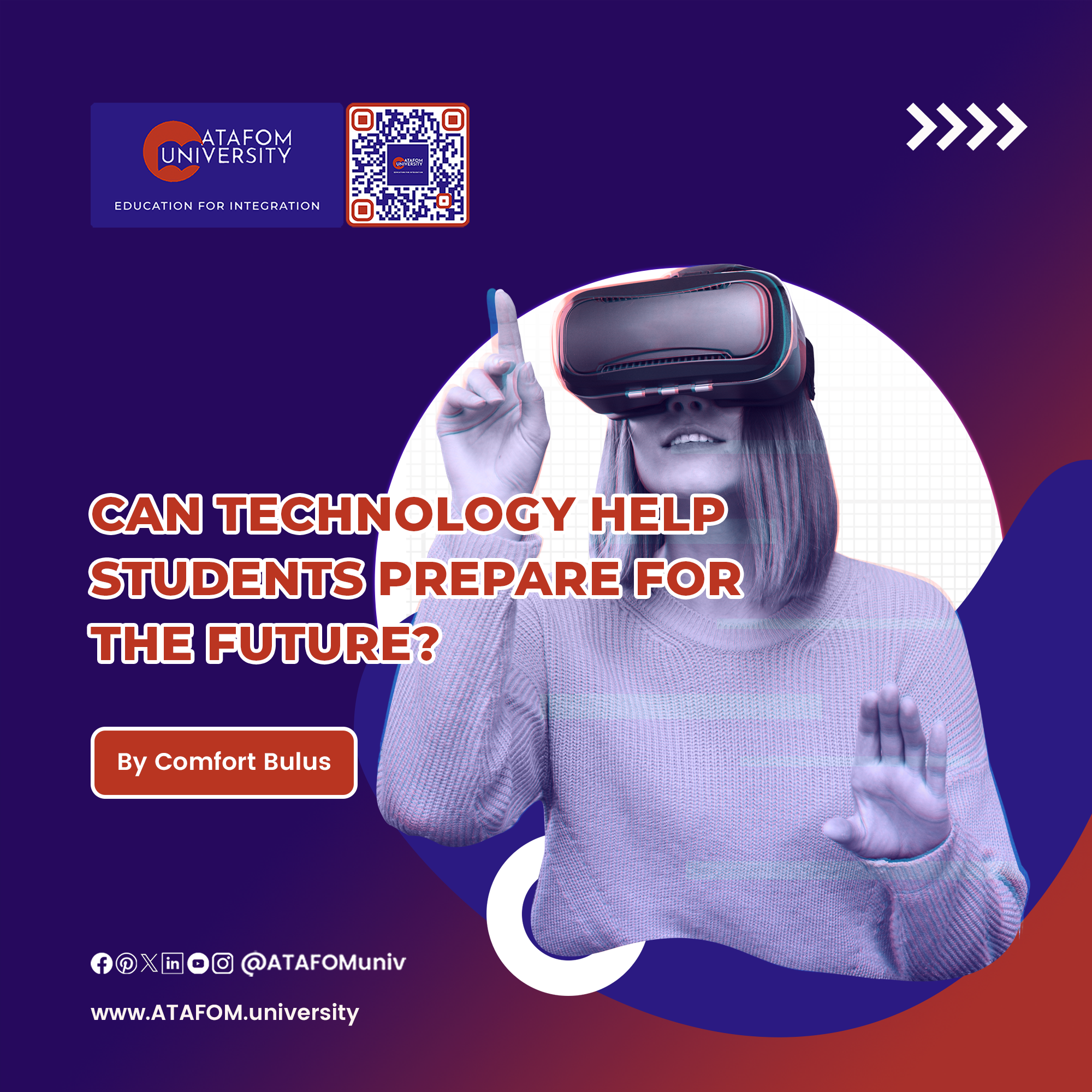Technology has had a huge impact on our lives, generating new sectors and increasing efficiency in a variety of professions. It has resulted in the automation of manufacturing employment, medical equipment, and remote labour, making it critical for students to be technologically prepared for their schooling. While traditional learning methods are useful, they are insufficient in today’s society, where technology is everywhere. The rapid proliferation of computers in classrooms, which were only available in labs two decades before, emphasises the need for students to be equipped with technology to prepare them for the future, regardless of their careers. As technology advances, it is critical to assess how it equips kids for the future.
Technology in the classroom has grown in importance due to its potential for addiction, social media effects, and cyberbullying. However, reservations regarding its usage in the classroom are widespread, particularly among people who have not witnessed the proliferation of computers and phones in schools. Those who only learn through lectures and textbooks may struggle to accept technology in the classroom. The argument is that there were no other options in the past, and we did not understand different learning styles as well as we do now.
Gamification, self-directed learning, collaboration, individualised instruction, and distance learning are all examples of how technology is being used in education. Gamification, which uses games to keep kids interested, is particularly beneficial for younger students. Self-directed learning allows pupils to study at their own pace and make their progress. Collaboration between teachers and students enables global collaboration. Differentiated instruction helps pupils to learn in a variety of methods, tailored to their requirements. Technology can also help with distance learning. The future of technology in the classroom is about maximising learning opportunities and preparing pupils for their technological future. Creativity, problem-solving, cooperation, and creative thinking are all necessary abilities for the future, and technology is only one part of the issue.
The topic of how technology benefits pupils is analogous to deciding whether school or college prepares students for life or work. Education, in whatever shape it takes, capitalises on a child’s innate desire to learn abilities such as problem-solving, communication, and teamwork. These skills are essential for life, and technology is simply one instrument for assisting children in developing these and other abilities.
Technology is an essential tool for training pupils for their future. It strikes a mix between instilling new technological abilities and introducing students to entrepreneurial courses and talents. Schools are now educating youngsters as young as eight to code, and MIT is developing AI courses. Entrepreneurial classes allow students to learn subjects outside of the classroom, such as building mockups of their firms and maintaining their social media profiles. These abilities are critical for future professions, as businesses use more technology with a minimal workforce. Current choices for training students for this include Stukent, which replicates business operations, marketing, and networking, and Ever-Fi, which introduces students to STEM jobs and business planning.
Technology plays an important role in improving students’ learning experiences and preparing them for employment. It motivates kids to learn and explore topics of interest. Active learning, which incorporates reading, writing, conversation, and projects, is an excellent way to prepare students for the workplace. Technology also aids in personalised learning, ensuring that each student has an individual learning style. Furthermore, technology may promote teamwork by identifying students’ unique learning styles and creating a collaborative environment in which sharing, listening, and assistance are critical.
Technology in school promotes critical thinking, learning responsibility, and digital citizenship. Students must grasp how to use tools and resources effectively, build habits for various jobs, and come up with alternative solutions. Students who use school-owned technology must also learn about device care, ethics, and digital citizenship. The fast-paced adult world necessitates knowledge of various technologies and their applications. Students who are comfortable learning new technologies are better prepared to deal with technological change.
Technology encourages collaboration and innovative thinking in a variety of fields, enabling students to communicate with local or worldwide teams. For example, Spanish students can engage with students from Latin America via forums or video chats, exchanging hobbies and learning about each other’s cultures. This promotes empathy and curiosity, resulting in good changes in students and communities. Students, for example, can learn about local issues such as clean water and transportation challenges while also working collaboratively with local government, companies, and community centres. This all-encompassing approach to issue resolution, as well as knowledge of other people’s lives, is critical for successful collaboration. Technology is vital for encouraging collaboration and empathy among classrooms and communities.
The future of education is uncertain, but technology prepares pupils for it in a holistic manner. However, rising usage exposes pupils to risks such as cyberbullying, hackers, predators, and unsettling internet information, needing a comprehensive solution. ATAFOM University International is the next best thing every student needs to overcome the challenges of technology. We train our students how to efficiently use technology as a learning tool and not as a destructive element. Our students are shown the potential of using technology and are equipped to thrive in their selected careers. Register with us today for a better future!


